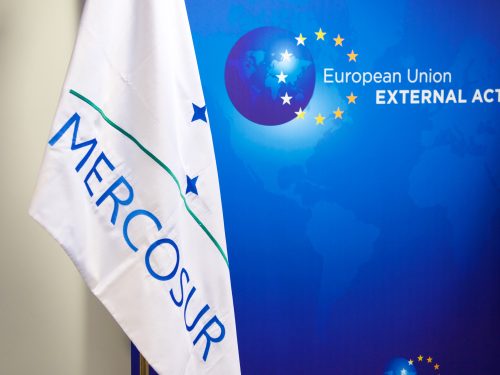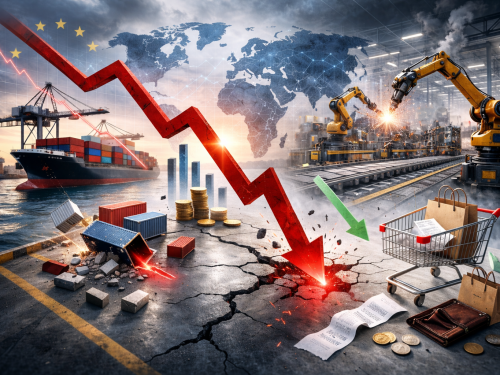News
Share on
For the 2024 edition, the Piccola Industria di Confindustria (Small Industry of Confindustria) organised the Forum in spring, in view of the June elections for the renewal of the European Parliament.
From an industry perspective, the legislature we are leaving behind has some important shadows but we are convinced of the European project and must therefore strongly reaffirm how indispensable industry is to its success. To put it back at the centre of the Union's policies, the sustainability becomes a decisive issue but it is necessary drastically reduce the ideological component which emerged more than once during the legislature, clipping the wings of the growth potential of companies and their ability to innovate.
Today and tomorrow's forum is held, symbolically, right where Italy's first railway line, the Naples-Portici, was born. It was 1839, just 10 years after the Stephensons first put a steam locomotive on the tracks. Today we struggle to identify real industrial policy measures, in Italy as in Europe. The last one in our country was Industry 4.0. We are still waiting for the implementing decrees of Transition 5.0 while some measures taken at European level even risk pushing outside the market ex lege entire supply chains with peaks of absolute excellence such as those found in Italy, for example, in automotive components, material recycling and the implementation of the circular economy, and in the secondary raw materials industry. For example, the Sustainability Reporting Directive is the litmus test of how a just objective - that of improving communication and transparency with respect to the adoption of ESG policies by companies - can turn into a veritable nightmare for SMEs, stifling their potential for sustainable growth. And how can we not mention the Fit-for-55, which presents costs estimated at 4500 billion by 2030 in Europe of which about 1100 billion in Italy. The dedicated PNRR items cover 4.7%. It is evident that on this front we have a problem between ambitions and concretely available instruments. As entrepreneurs well aware of the seriousness of the climate change and its effects, and we are equally resolute in pursuing targets to reduce impacts and emissions. But we must not forget that targets must not undermine the competitiveness of enterprises. This we hope will be much clearer in the next European Parliament than in the outgoing one. Also because we are facing great asymmetriesnot so much among European countries, but between the EU and large geographical areas, such as the United States or China or India.
We must give unified responsesotherwise Europe's 450 million citizens will - as long as their wealth allows - only be consumers, a large outlet market, in absolute contradiction to the very history of this continent, a great industrial and exporting power. Hence precisely what has not happened in the face of high energy prices, despite the fact that the NextGen EU, introduced in the wake of the Covid-19 pandemic, was going in the right direction. L'relaxation of the state aid regime has weakened EuropeIt has allowed countries with greater budgetary space to support their own industry, leaving the others - first and foremost, Italy - with no possibility of providing effective responses. Incidentally, not exactly the best viaticum for a united reaction in the face of the risks that the Russian invasion of Ukraine poses to the whole of Europe. For this - we have already said it and we repeat it - we need a European transition fund, financed by European Eurobonds.
In the meantime, our entrepreneurs have not stood idly by and, when the environmental issue came up strongly and urgently, they became world champions of the circular economyThe records set year after year prove our ability to compete in international marketseven in such a critical global scenario. Not to mention the national context in which we operate, which is certainly not among the most business friendlyall the more so in an area such as this, which, in addition to the well-known criticalities of the entire country, also suffers from infrastructural deficits and the heavy presence of organised crime.




